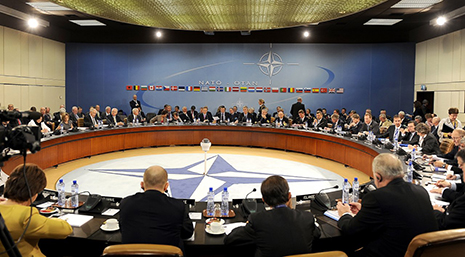She said that the Armenians tried to prevent the introduction of this article in the resolution. But despite their efforts, as a result of the arguments of the Azerbaijani side, this resolution was adopted.
The MP went on to add that the Armenians have also tried to add an article on "self-determination of minorities" to the resolution, but the Azerbaijani delegation was able to prevent this attempt.
The delegation said at the meeting that the Armenians have once realized self-determination, and the other delegations rejected this article, Malahat Ibrahimgizi said.
The conflict between the two South Caucasus countries began in 1988 when Armenia made territorial claims against Azerbaijan. As a result of the ensuing war, in 1992 Armenian armed forces occupied 20 percent of Azerbaijan, including the Nagorno-Karabakh region and seven surrounding districts.
The two countries signed a ceasefire agreement in 1994. The co-chairs of the OSCE Minsk Group, Russia, France and the US are currently holding peace negotiations. Armenia has not yet implemented four UN Security Council resolutions on the liberation of the Nagorno-Karabakh and the surrounding regions.
Malahat Ibrahimgizi said that the new NATO Secretary General Jens Stoltenberg during the session said that Azerbaijan is a trusted partner of NATO, and stressed the importance of settlement of the Nagorno-Karabakh conflict within the framework of international law and the resolutions adopted by the UN Security Council.
Stoltenberg also said that he is ready to assist the efforts of the OSCE Minsk Group in the settlement of the conflict, the Azerbaijani MP said.
More about:
















































